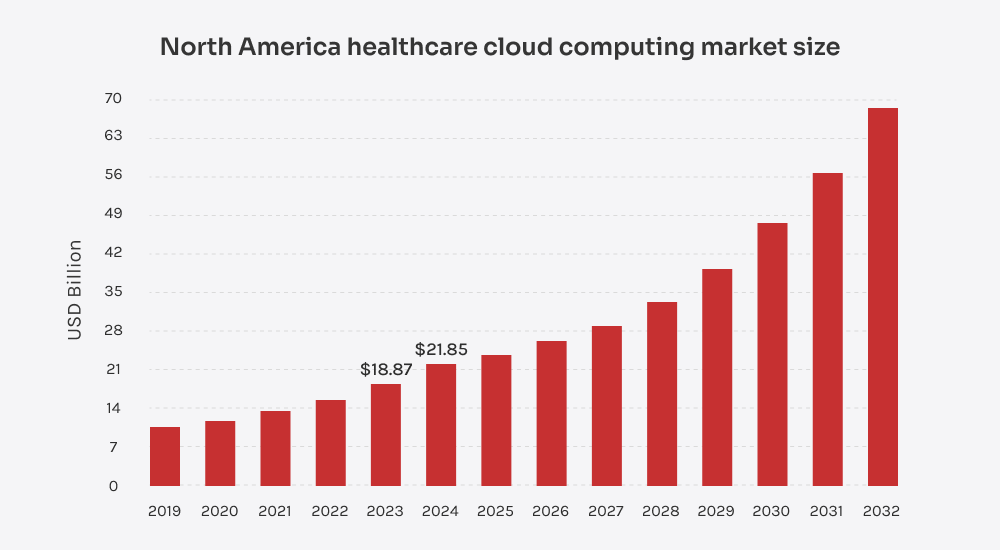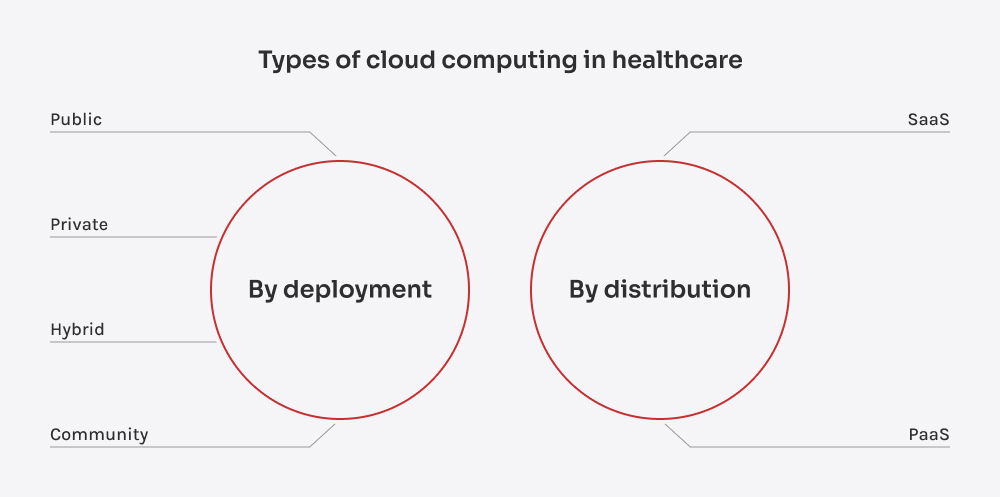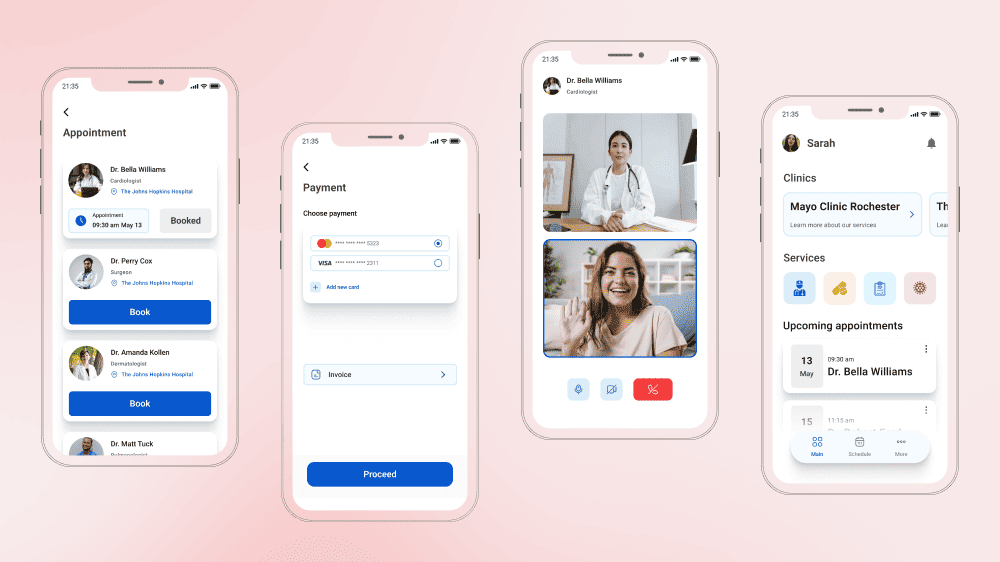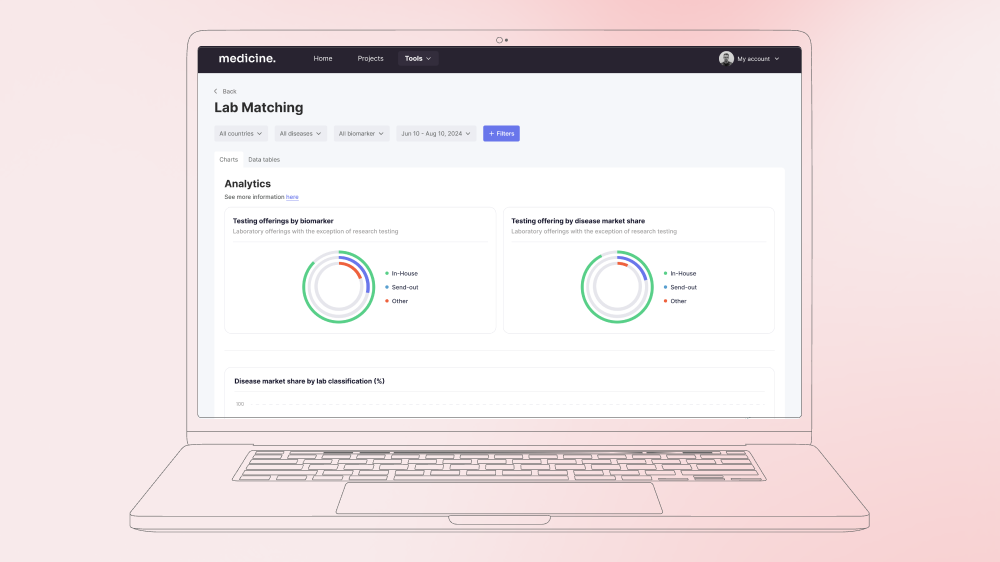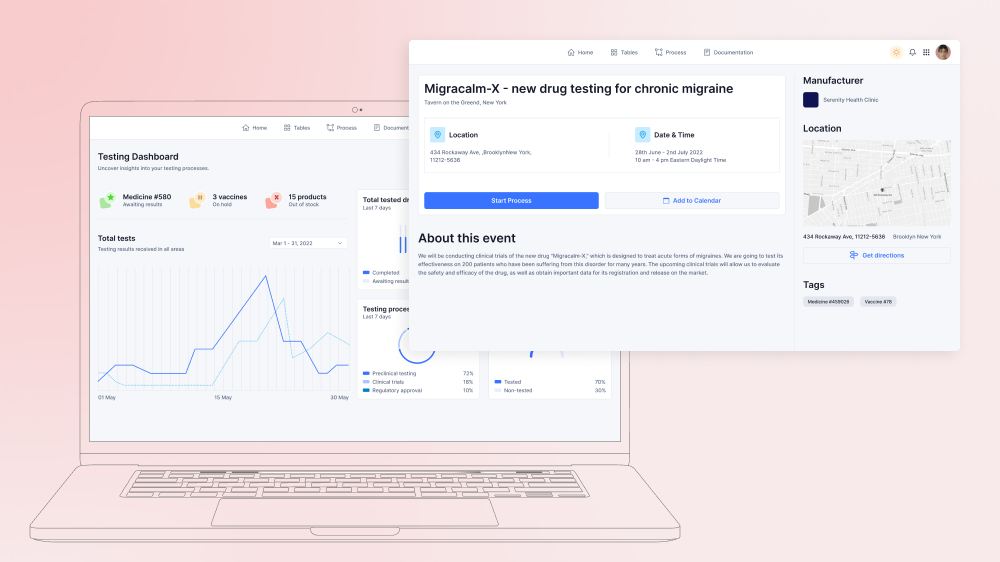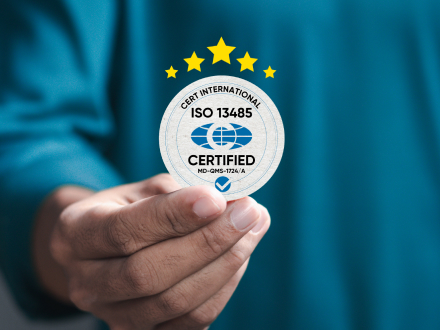Zostaw swoje dane kontaktowe, a my wyślemy Ci nasz przegląd e-mailem
Wyrażam zgodę na przetwarzanie moich danych osobowych w celu przesyłania spersonalizowanych materiałów marketingowych zgodnie z Regulaminem. Politykę Prywatności. Potwierdzając zgłoszenie, użytkownik wyraża zgodę na otrzymywanie materiałów marketingowych
Dziękuję!
Formularz został pomyślnie przesłany.
Więcej informacji można znaleźć w skrzynce pocztowej.
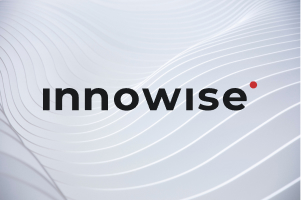
Innowise jest międzynarodową firmą tworzącą oprogramowanie w pełnym cyklu
założona w 2007 roku. Jesteśmy zespołem ponad 2000+ specjalistów IT tworzących oprogramowanie dla innych profesjonalistów na całym świecie.
profesjonalistów na całym świecie.
O nas
Usługi
Technologie
Branże
Portfolio
pl Polski
O nas
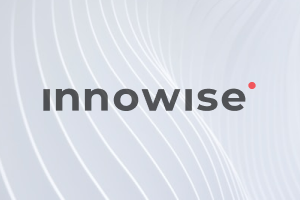
Innowise jest międzynarodową firmą tworzącą oprogramowanie w pełnym cyklu
założona w 2007 roku. Jesteśmy zespołem ponad 2000+ specjalistów IT tworzących oprogramowanie dla innych profesjonalistów na całym świecie.
profesjonalistów na całym świecie.
Otrzymaj prezentację
Technologie
Wszystkie
technologiePortfolio

